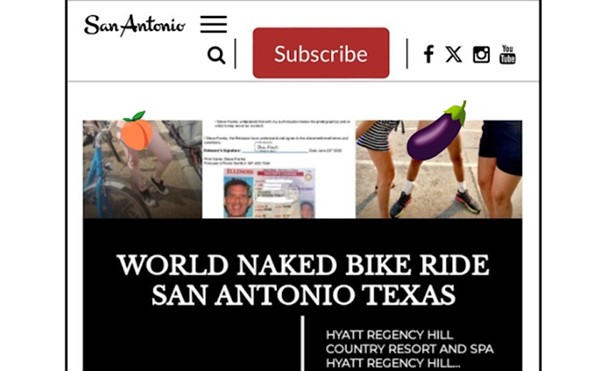The suit, filed in March by the Fair Housing Council of Greater San Antonio (FHOGSA) and three similar groups, argues the social media giant knowingly lets landlords and property sellers run ads that filter out who sees them based on factors such as race, disability, religion and whether a person has kids.
A filing earlier this month by the Justice Department urged the U.S. District Court for the Southern District of New York to reject Facebook’s motion to dismiss the case, saying the corporation is a content provider and therefore fair game for a housing discrimination suit.
Separately, the Department of Housing and Urban Development filed an administrative complaint against Facebook, saying its filtering options violate the Fair Housing Act by letting advertisers exclude protected classes of people.
“We appreciate the strong statements from DOJ and HUD,” said David Berman, an attorney representing FHGSA. “We’re confident that once this case is heard, the court will find that Facebook did violate the law.”
Facebook officials declined to be interviewed for this article, but the company emailed a written response.
“There is no place for discrimination on Facebook; it’s strictly prohibited in our policies,” the unattributed statement reads. “Over the past year we’ve strengthened our systems to further protect against misuse. We’re aware of the statement of interest filed and will respond in court; and we’ll continue working directly with HUD to address their concerns.”
What’s more, the company last week announced in a blog post it will kill off 5,000 ad-targeting options to “help prevent misuse,” such as excluding viewers based on ethnicity or religion.
Even so, the ability to make that kind of exclusion still exists on Facebook, and using it is as simple as clicking a few buttons, said Sandra Tamez, FHGOSA’s executive director. Prior to filing suit, her group generated five fake ads that used the targeting tools to exclude families with children — one of the classes protected under federal law. Facebook approved all five ads.
“I was extremely surprised,” Tamez said. “It’s not like there hasn’t been a law forever and a day that says you can’t discriminate against certain classes of people. … Facebook’s categories just so blatantly excluded those groups.”
In San Antonio, 235,000 households have at least one child under the age of 18, meaning that in our city alone, the potential for abuse is massive. And if you’re one of the people deliberately passed over, how would you even know?
“The capacity is there,” attorney Berman said. “It would just take one bad actor with a lot of properties to affect hundreds of thousands of apartments.”
HUD officials began their Facebook probe after reading a 2016 investigation by online news site ProPublica of the company’s ad platform and a subsequent online rebuttal by Christian Martinez, then its head of U.S. multicultural sales.
According to the agency, it’s held ongoing discussions with Facebook and resorted to its administrative action after the company failed to make meaningful changes to its ad policy.
“When Facebook uses the vast amount of personal data it collects to help advertisers to discriminate, it’s the same as slamming the door in someone’s face,” said HUD Assistant Secretary Anna María Farías in a written statement.
Housing advocates aren’t the only ones concerned.
Earlier this summer, the Communications Workers of America union filed a class-action suit in federal court in San Francisco, alleging Facebook’s ad tools allowed employers to pass over older workers with their job listings.
Those complaints have merit, said Roger Entner, founder of Boston-based Recon Analytics, which follows tech trends. What’s more, they hint that the feds are finally realizing society can’t afford to let tech companies operate in a regulatory vacuum.
The most likely outcome, he said, is that the government will force limits on Facebook and other data filterers. Targeting dogfood ads to dog owners would be allowed, but filtering out ads for a rental property by race? No way.
“Facebook has already proven several times that they’re trying to get away with as little oversight and regulation as possible,” Entner said. “You have to hold their feet to the fire. Up to this point, Silicon Valley has taken the view that if we’re smart enough to do it, we should be allowed to do it. It’s ‘Engineers Gone Wild.’”
Stay on top of San Antonio news and views. Sign up for our Weekly Headlines Newsletter.




















